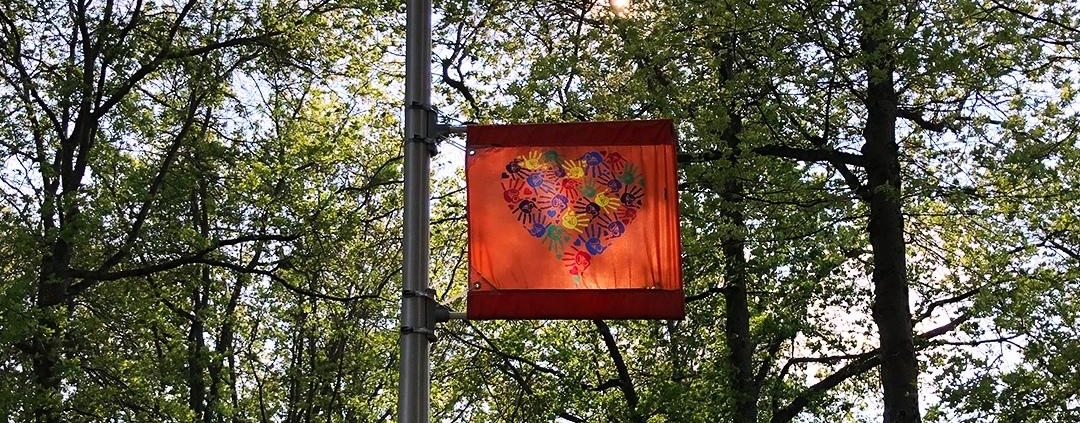June 21st is National Indigenous Peoples Day in Canada. This date was chosen as it’s the summer solstice, the longest day of the year when many Indigenous peoples and communities celebrate their culture and heritage. This day celebrates the dynamic, robust, and diverse culture, outstanding contributions, and communities of Indigenous, Métis, and Inuit peoples across Turtle Island; each with their own distinct heritage, ancestry, language, cultural practices, and spiritual beliefs. National Indigenous Peoples Day acknowledges the resilience of Indigenous communities and culture despite ongoing cis-hetero-patriarchal colonialism that strives to uphold systems of oppression through genocide, racism, land dispossession efforts, and more. Thus, it also encourages non-Indigenous Canadians to recognize and reflect on their privilege, and take action towards decolonizing their ways of being, knowing, and doing as they walk more mindfully on Indigenous land. Notably, living on these lands we, as settlers, can know our continuing existence here showcases how settler colonialism is a structure that continues to this day; colonialism is ongoing, not simply an event of the past (Tuck & Yang 2012).
As the UVSS continues to operate on the unceded, unsurrendered, and stolen territories of the lək̓ʷəŋən and W̱SÁNEĆ peoples, it is vital for us settlers to self-locate and acknowledge our privilege. We encourage everyone to take a moment to acknowledge where they are reading this statement from (where you are living, learning, and playing) today. If you don’t know the territory, tribe, and/or nation you are joining us from please click here and find out. Moreover, we understand it is our responsibility to further our ongoing commitment and role in working to uphold decolonization and Indigenous self-determination. We know statements are meaningless without action and change. Decolonization and Social Justice remain key UVSS values, which guide our dedication to working within Indigenous traditional knowledge, ontologies, and epistemologies.
The UVSS acknowledges the colonial institutions and systems it works within and will take action to dismantle colonial structures in our thoughts, relationships, workplaces, classrooms, and communities. We strive for a decolonized future defined by reciprocity, responsibility, and restitution. The UVSS is committed to an equitable future for Indigenous peoples and communities by initiating these conversations as an organization, and taking meaningful action to restore justice, decolonize, and further equity on campus and in our communities.
To Indigenous students, faculty, and community: We see you. We support you. We are ready to listen, learn, and unlearn.
In making this statement, we, the UVSS, commit to walk softly and mindfully on this land and work to uphold decolonization and Indigenous self-determination.
Resources:
For all students, below is a non-exhaustive list of resources on decolonization, land back, local peoples & histories, and how you can get involved:
Additions to the Resource List:
- Instagram post on Indigenous authors
- VIDEA’s Decolonization Toolkit (created with support from Vancouver Foundation)
- Instagram account of a 2Spirit/Cree/Treaty 4 person exploring colonization, decolonization, healing, & culture
- Instagram post on “Intersectionality without Indigenous voices is erasure”
Resource List:
- Beyond 94: this is an interactive website that outlines the 94 calls to action outlined by the Truth and Reconciliation Commission report published in June 2015.
- You can find the full Truth and Reconciliation Report and Calls to Action here: www.trc.ca
- Here are some calls to action from this report that relate to post-secondary education:
-
We call upon the federal government to develop with Aboriginal groups a joint strategy to eliminate educational and employment gaps between Aboriginal and non-Aboriginal Canadians.
-
We call upon the federal government to provide adequate funding to end the backlog of First Nations students seeking a post-secondary education.
-
We call upon law schools in Canada to require all law students to take a course in Aboriginal people and the law…
-
We call upon the federal, provincial and territorial governments, in consultation and collaboration with Survivors, Aboriginal Peoples and educators to…Provide the necessary funding to post-secondary institutions to educate teachers on how to integrate Indigenous knowledge and teaching methods into classrooms.
-
We call upon the federal government, through the Social Sciences and Humanities Research Council, and in collaboration with Aboriginal Peoples, post-secondary institutions and educators, and the National Centre for Truth and Reconciliation and its partner institutions, to establish a national research program with multi-year funding to advance understanding of reconciliation.
You can learn more about the local nations whose land on which we live, work, and play by taking a look at their websites:
W̱SÁNEĆ Leadership Council: https://wsanec.com/
- Tsartlip First Nation (W̱JOȽEȽP): https://tsartlip.com/
- Tsawout (SȾÁ,UTW̱): https://tsawout.ca/
- Pauquachin (BOḰEĆEN): https://www.pauquachin.ca/
- Tseycum (W̱SÍḴEM): http://www.tseycum.ca/
lək̓ʷəŋən Nations:
- Songhees Nation: https://www.songheesnation.ca/
- Esquimalt Nation: https://www.esquimaltnation.ca/
Note: if you have any additions to this list please email comm@uvic.ca
References:
Tuck, E., & Yang, K. W. 2012. Decolonization is not a metaphor. Decolonization: Indigeneity, Education & Society, 1, 1-40.
